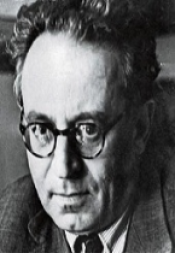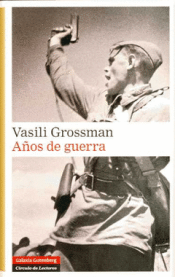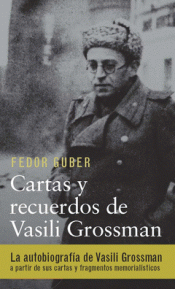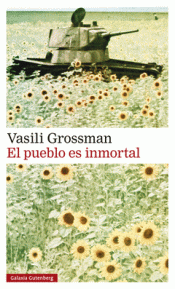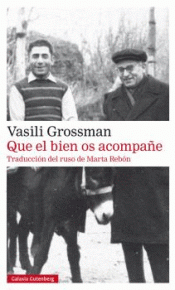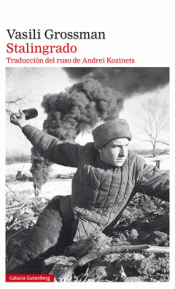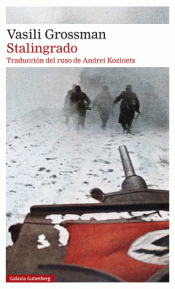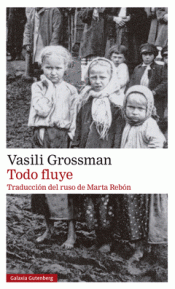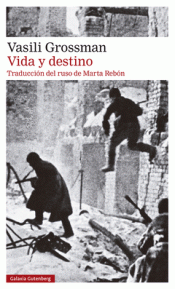A finales de abril de 1945, mientras las tropas del Ejército Rojo se acercan a Berlín para librar la batalla final contra la Alemania nazi, los animales del Tiergarten, el zoológico de la ciudad, perciben en el aire la tragedia. Hombres y animales comparten un mundo librado al caos y la angustia en el que ni unos ni otros parecen tener ningún derecho. La referencia al mundo de los animales, en el que incluso los depredadores muestran una inocencia primordial que desconoce la maldad, permite a Grosmann superar el enfrentamiento político para situarse en la perspectiva ética fundamental, la que concierne a la vida de cada ser individual. La figura del animal abandonado y perdido en una guerra que no comprende, refleja nuestra condición, la de seres obligados a obedecer las leyes impersonales de la historia, en un mundo donde ya no es posible ejercer la libertad. Tiergarten, incluido en el volumen de narraciones de Grossman Eterno reposo y otras narraciones, forma parte de las obras de madurez de Vasili Grossman y está escrito justo antes de su obra maestra, Vida y destino.
AUTOR/A
GROSSMAN, VASILIJ SEMENOVIC
Vasily Semyonovich Grossman (Russian: December 12, 1905 - September 14, 1964) was a Soviet writer and journalist. Grossman trained as an engineer and worked in the Donets Basin, but changed career in the 1930s and published short stories and several novels. At the outbreak of the Second World War, he became a war correspondent for the Red Army newspaper Krasnaya Zvezda, writing firsthand accounts of the battles of Moscow, Stalingrad, Kursk and Berlin. Grossman's eyewitness accounts of conditions in a Nazi extermination camp, following the liberation of Treblinka, were among the earliest.<BR><BR>After World War II, Grossman's faith in the Soviet state was shaken by Joseph Stalin's embrace of antisemitism in the final years before his death in 1953. While Grossman was never arrested by Soviet authorities, his two major literary works (Life and Fate and Everything Flows) were censored during the ensuing Nikita Khrushchev period as unacceptably anti-Soviet, and Grossman himself became in effect a nonperson. The KGB raided Grossman's flat after he had completed Life and Fate, seizing manuscripts, notes and even the ribbon from the typewriter on which the text had been written. Grossman was told by the Communist Party's chief ideologist Mikhail Suslov that the book could not be published for two or three hundred years. At the time of Grossman's death from stomach cancer in 1964, these books were unreleased. Copies were eventually smuggled out of the Soviet Union by a network of dissidents, including Andrei Sakharov and Vladimir Voinovich, and first published in the West, before appearing in the Soviet Union in 1988.<BR><BR>Wikipedia




